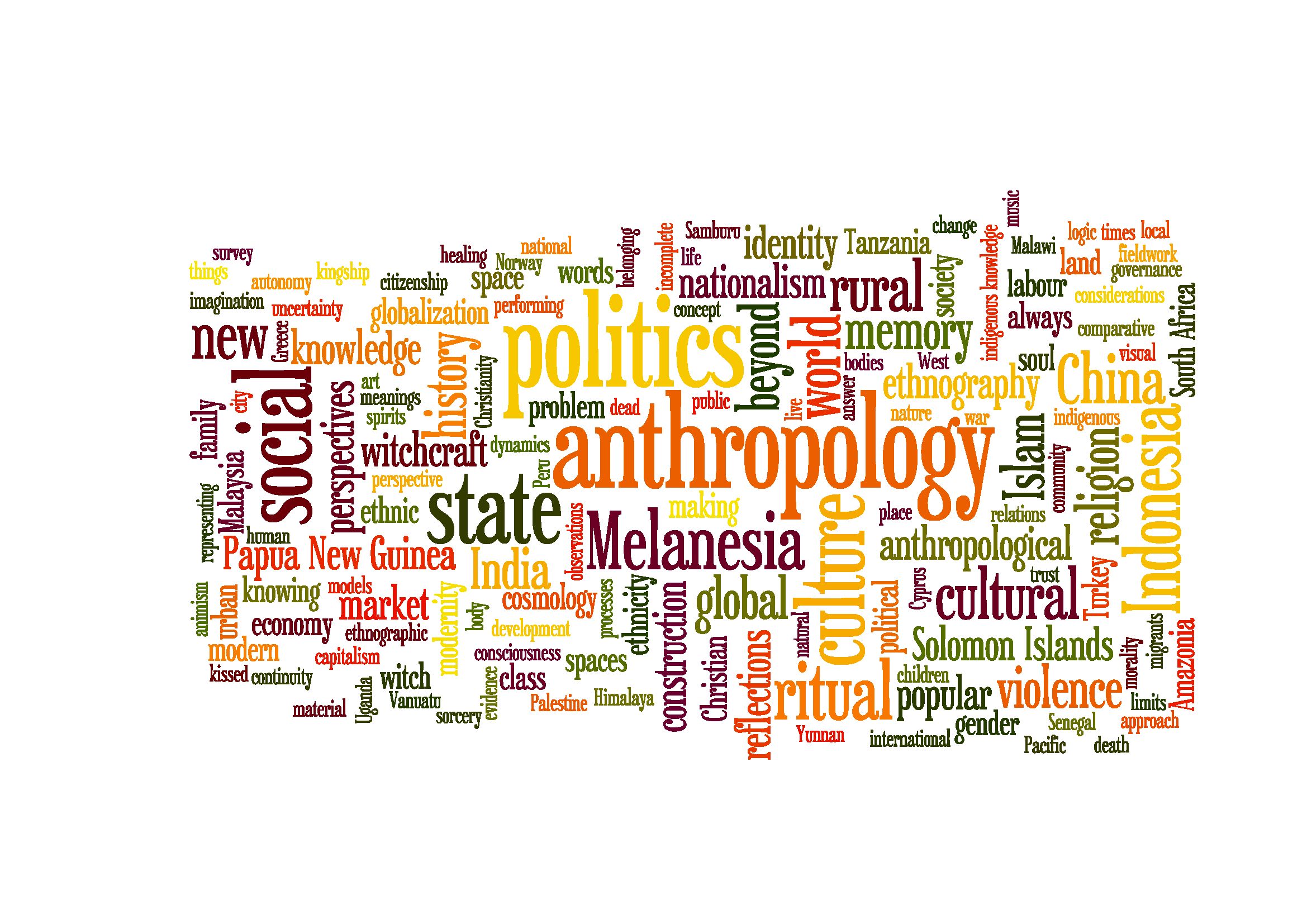Godlier argues that during the 19th century, evolutionary approach to the origin of social institutions was very popular. History was not interested in evolution. It was restricted to written documents and archaeological evidences. In such a tradition, as we have mentioned earlier, anthropology came into existence to study all aspects of regional or rural life.
With having the goal of generating ethnological material, it became its job to reconstruct the European social history. Europe, by 19th century, had come up with modernization as a consequence of the Industrial Revolution.
ADVERTISEMENTS:
But, what happened to it before the coming of capitalism and industrialism? It was hypothesized that if the primitive, pre-industrial and pre-capitalist institutions of non-western societies were found, it would help the European society to reconstruct its social history. Obviously, Godlier asserts that anthropology in 19th century took to evolutionary approach. The argument given by Godlier runs as below:
Furthermore, there was the evolutionist idea, current in the 19th century whereby it was held that European customs were survivals, relics of former stages of evolution, which could still be found flourishing and preserved among non-western peoples; in this way two fields abandoned by historians were taken over by anthropologists. Only they could provide the missing links by studying European customs and their exotic purchases.
Thus, they achieved their theoretical task-considered as a duty-of reconstructing a complete and faithful picture of the first stage of mankind at least from those of its representatives who had left no written record.
As its the tradition with all variants of historians-Marxist or non-Marxist-civilization is the idiom of their analysis. Both the variants consider history as a science and knowledge of civilization. In such a situation, naturally, Godlier looks at the study of non-western societies from the vantage point of mode of production. It is the mode of production which determines the course of change.
ADVERTISEMENTS:
Godlier, therefore, relates anthropology with mode of production, that is, history. For him, history and anthropology are very closely related.
If anthropology studies barbarians, savages or backwards, rural European populations at an inferior stage of civilization, it should try to adopt a method which will help an analysis of structures and discovery of reciprocal laws of compatibility or incompatibility and their concrete, historic effectiveness.
Godlier argues that such a method is found in the works of Karl Marx although in Marxian arguments it is said that mode of production has determined the structure of society and its course of study.
And, therefore, when an anthropologist studies a primitive society, he must invariably dwell on the processes social and cultural in a society which emerges from mode of production.
ADVERTISEMENTS:
The linkage between modes of production, in broader way, history and anthropology can hardly be separated. They are one and the same. His thesis runs as follows:
In order to resolve these problems, a method is required which allows an analysis of structures and the discovery of reciprocal laws Such a method seems to have been elaborated and applied for the first time by Marx in his efforts to analyze the modes as capitalist production and bourgeois society.
Marx’s answer to the problem of the differential causality of various instances of social life in other words, the ‘mode of production’ of ‘material life conditions’, in the last analysis the process of social political and intellectual life in general seems to us to be the essential hypothesis to be taken up and systematically explored in order to renew the scientific content of history and anthropology.
Whatever happens among Azande, Nuer and for that matter Gond and Bhil is due to the forces-whatever they may be-of modes of production. Viewed from this perspective, Godlier maintains that there is enough scientific input in history and sociology. It means that the method of anthropology shall have to be borrowed from history. And, the method of history is the mode of production.
This means that the approach to anthropology should be the analysis of social processes which are released from the modes of production. However, the modes of production in all the societies are not similar. There exists a wide diversity in modes of production.
For instance, the societies studied by anthropologists show that there is very little common in all the societies. Actually, each society has adopted different speeds by processes of change.
“We must not forget that since the beginning of the Neolithic Age, the economies and societies of hunter-gatherers have been gradually eliminated and driven back into ecological niches which are unsuitable for farming and herding; today, they are close to complete extinction.”

